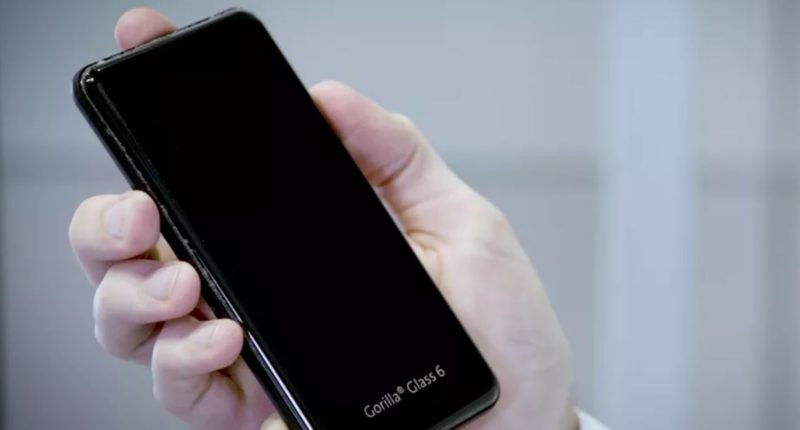Corning Incorporated, an American multinational technology company that specialises in glass, ceramics, and related materials, is soon to be awarded a humongous amount of $250 million from a $5 billion fund dedicated to US advanced manufacturing. Since the first iPhones appeared in the market in 2007, the glass on every iPhone sold has been manufactured at Corning’s Harrodsburg, Kentucky plant.
Some might perceive this as a way of Apple giving back to Corning for its remarkable quality maintenance standards. Apple and Corning however did not disclose the terms of the deal. In the past, Apple has made long-term supply agreements here with its vendors in which it provides upfront cash to lock in supplies of parts and better prices. So there’s this co-existential ecosystem where Apple benefits from their quality products and the suppliers gain enough capital from Apple to continue their R&D work.
China has been the hub for Apple’s vastly concentrated supply chain over the past five years. Undoubtedly, being a US-based firm, Apple is somewhat holding a pretty controversial space in the US-China Trade war. In the meantime, Apple has spent the past several years emphasising its supplier base in the United States.
In 2017 Apple had set aside $1 billion and boosted the figure to $5 billion a year later, in addition to this the company claimed that it had spent $60 billion with more than 9,000 U.S. suppliers in 2018. Including the $200 million in 2017, Corning has now received $450 million from Apple’s fund. Apple said in a statement that its spending with Corning supports 1,000 jobs at Corning, including about 400 manufacturing jobs at the plant in Kentucky.
Apple Chief Operating Officer Jeff Williams said, “This award underscores Apple and Corning’s shared belief in the vital role that ingenuity plays in creating industry-leading products, and the pride that both companies take in applying American innovation and advanced manufacturing to solve some of the world’s toughest technology challenges”.
Corning is not the only organisation that has received this thrust from Apple. It had previously awarded $390 million to chipmaker Finisar Corp, which makes chips for Apple’s facial recognition and $10 million for a joint venture between Alcoa Corp and Rio Tinto’s aluminum business to develop a carbon-free aluminum smelting process.
The whole idea that Apple is working on is “co-existence”. Apple heavily relies on companies like these to help them manage a number of their product parts. By investing in these companies Apple ensures that the quality graph and the product manufactured are on a steep rise with time. With better funding companies like Corning can focus more on their R&D which will indirectly again be beneficial to Apple.
The Tech Portal is published by Blue Box Media Private Limited. Our investors have no influence over our reporting. Read our full Ownership and Funding Disclosure →






